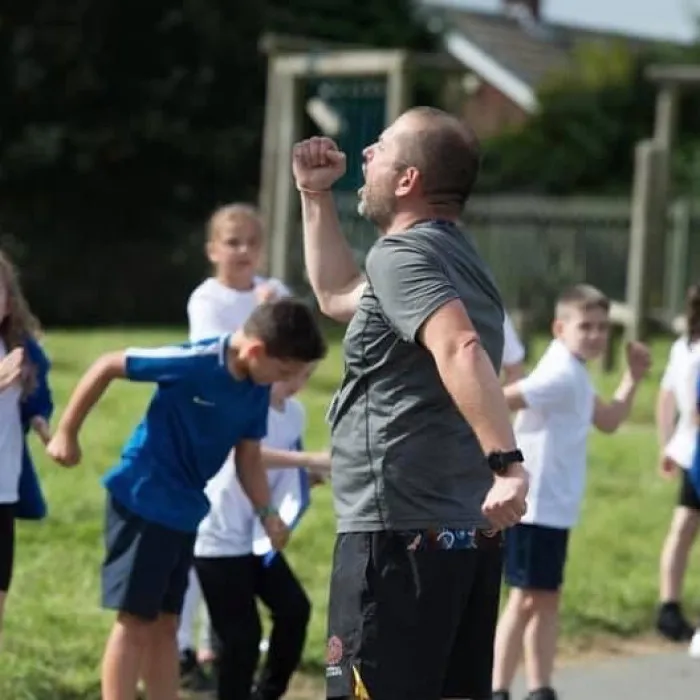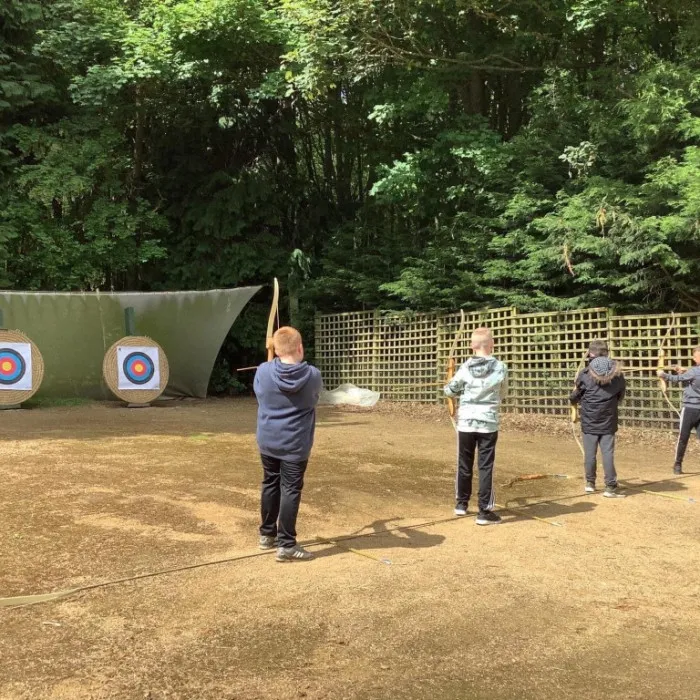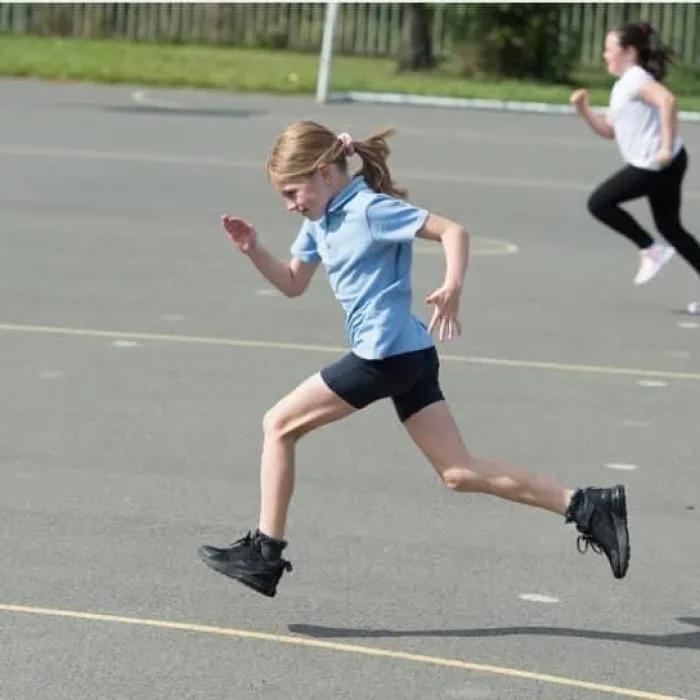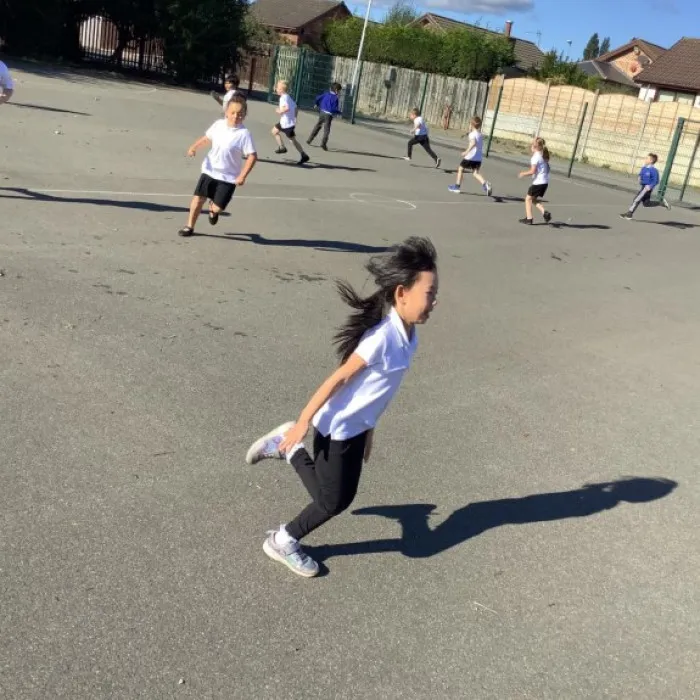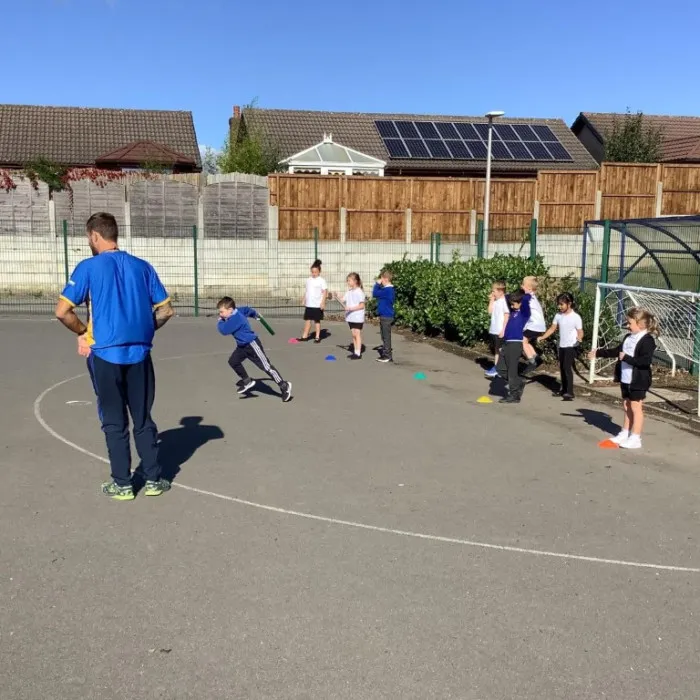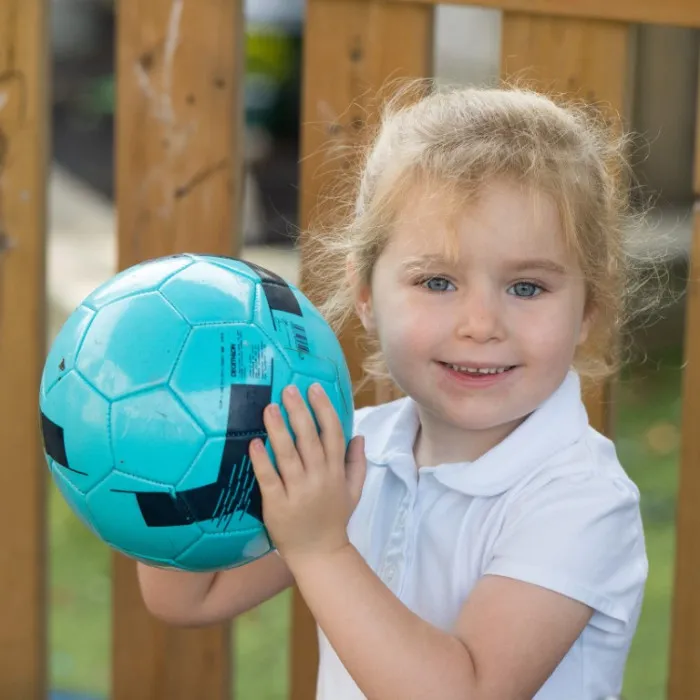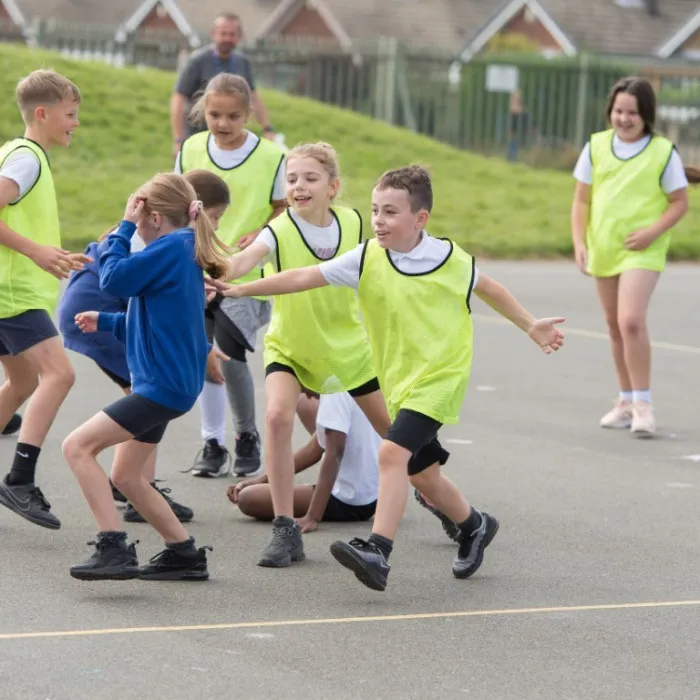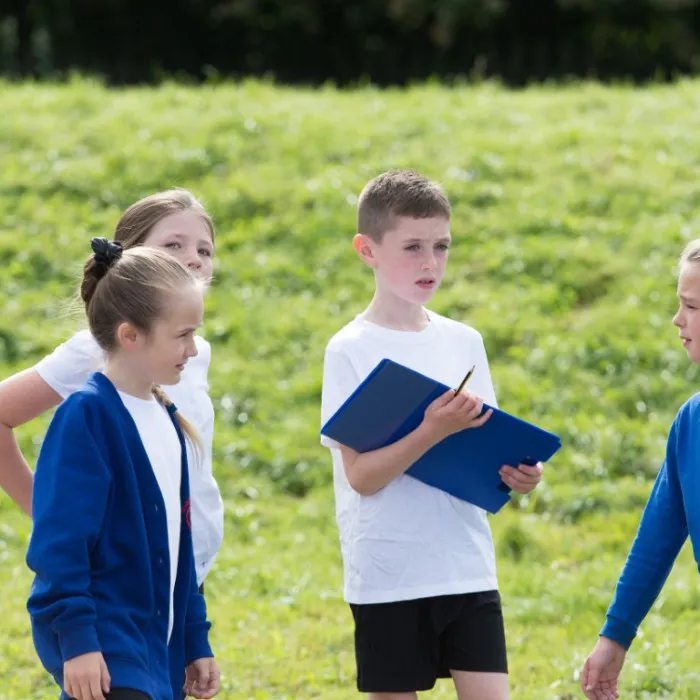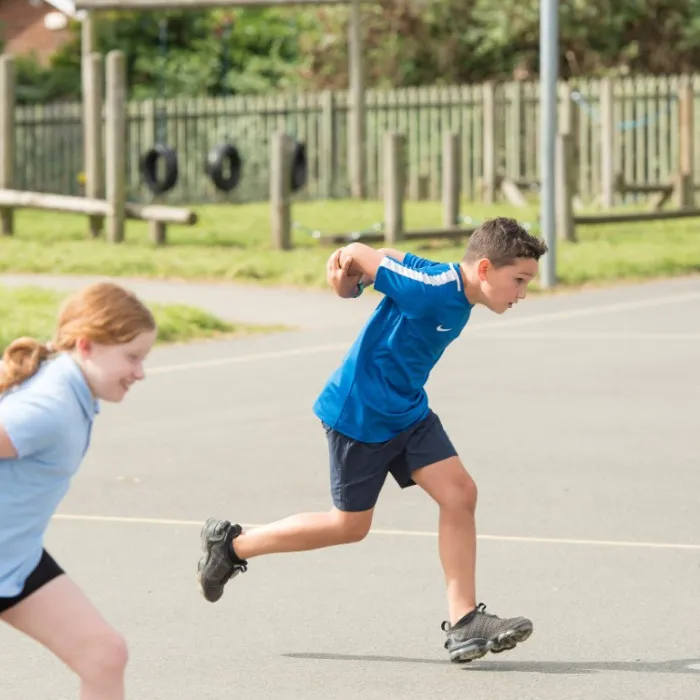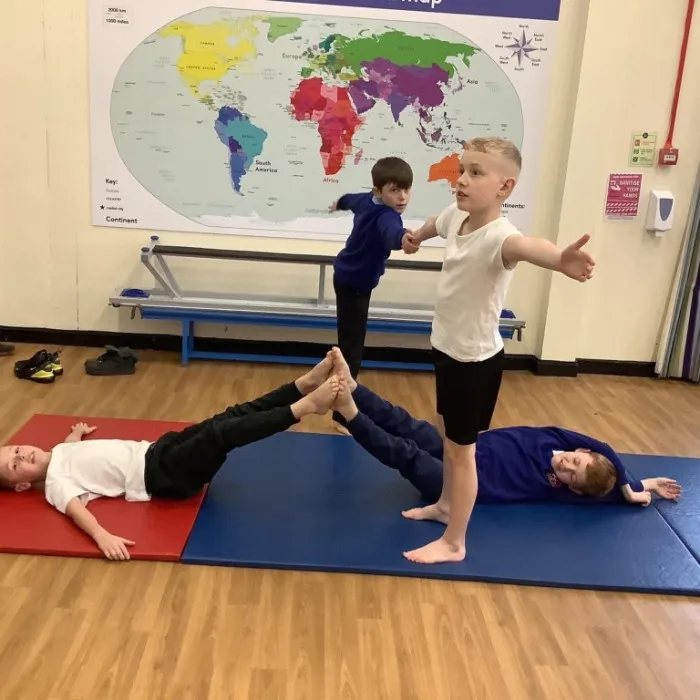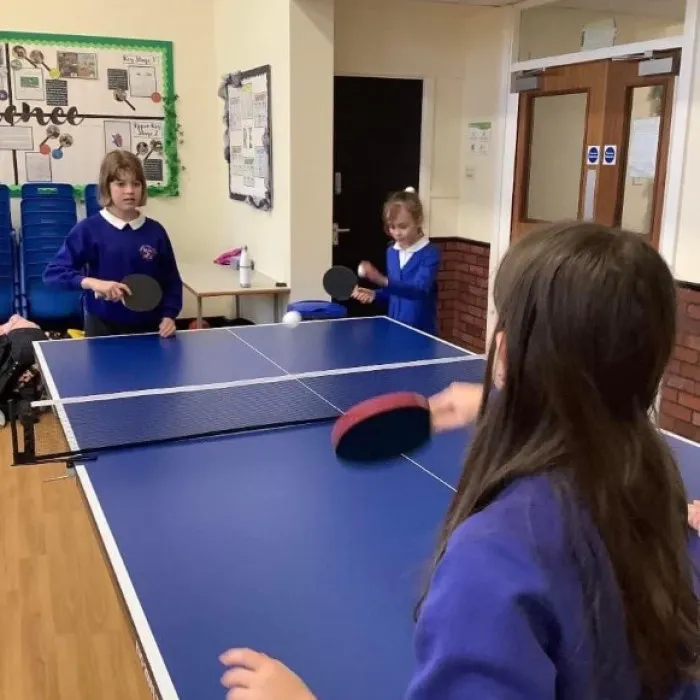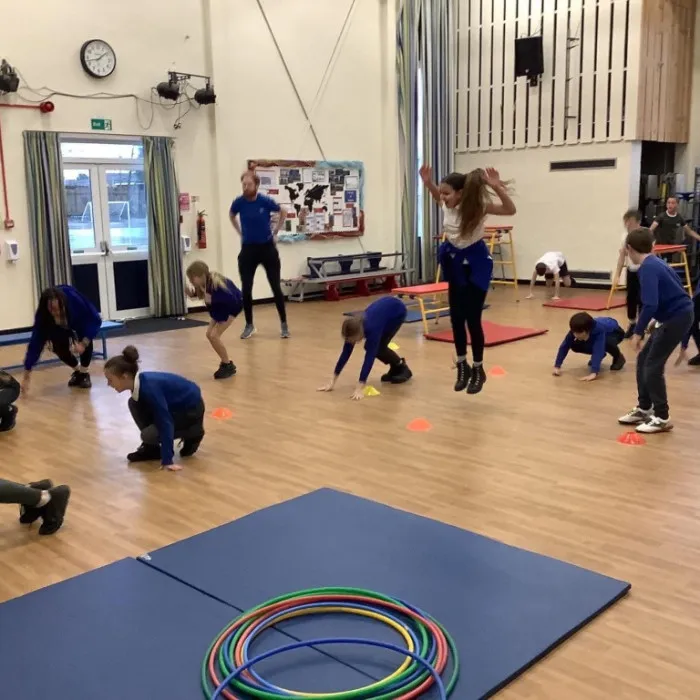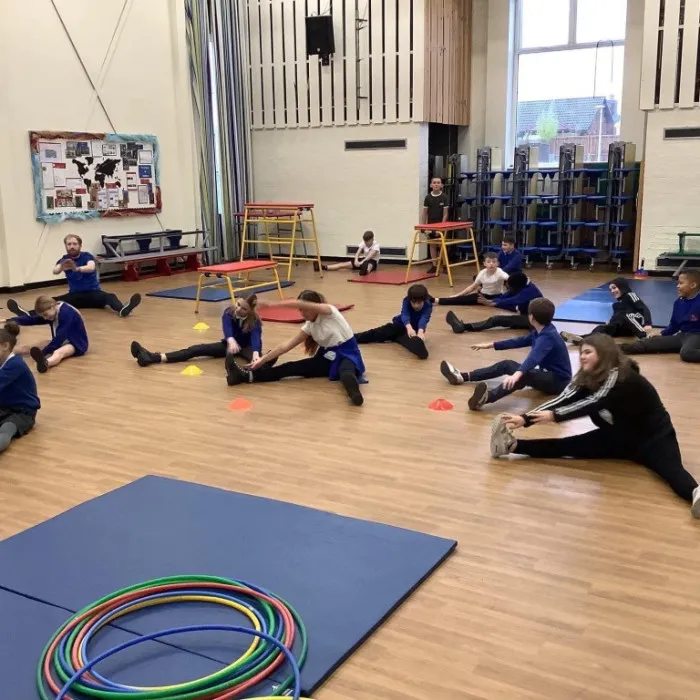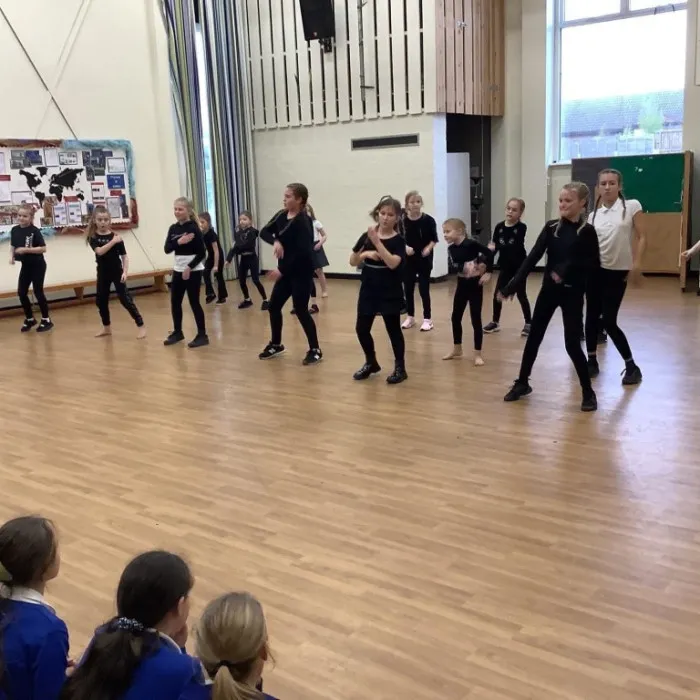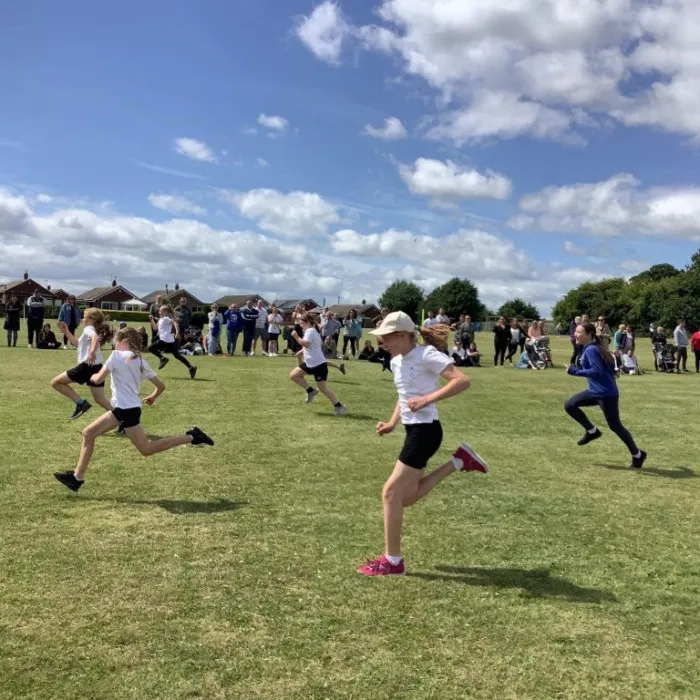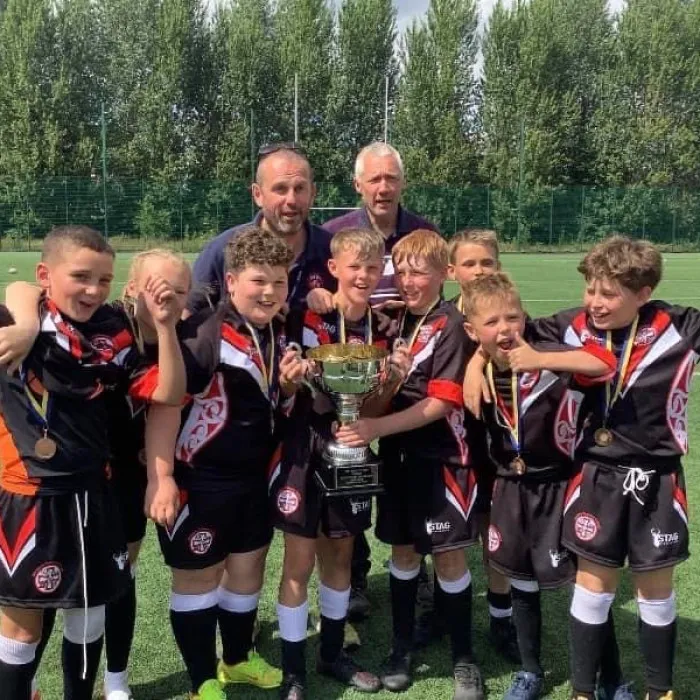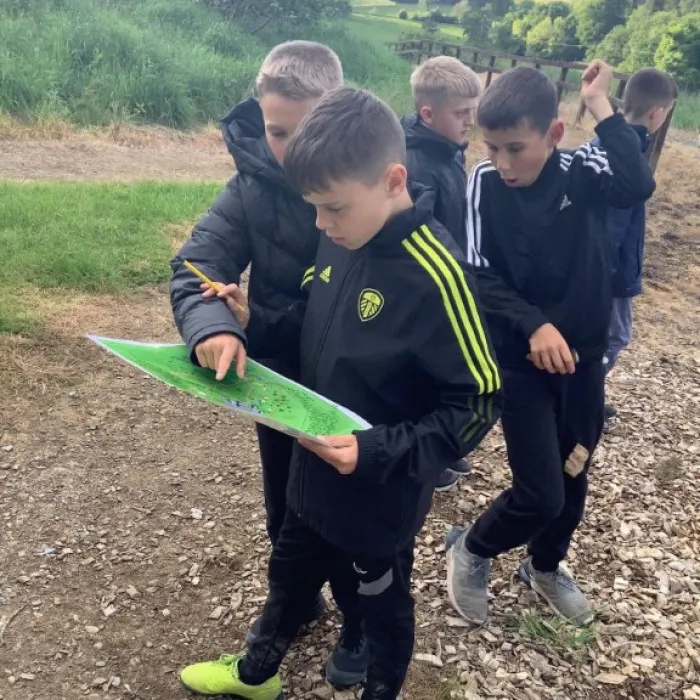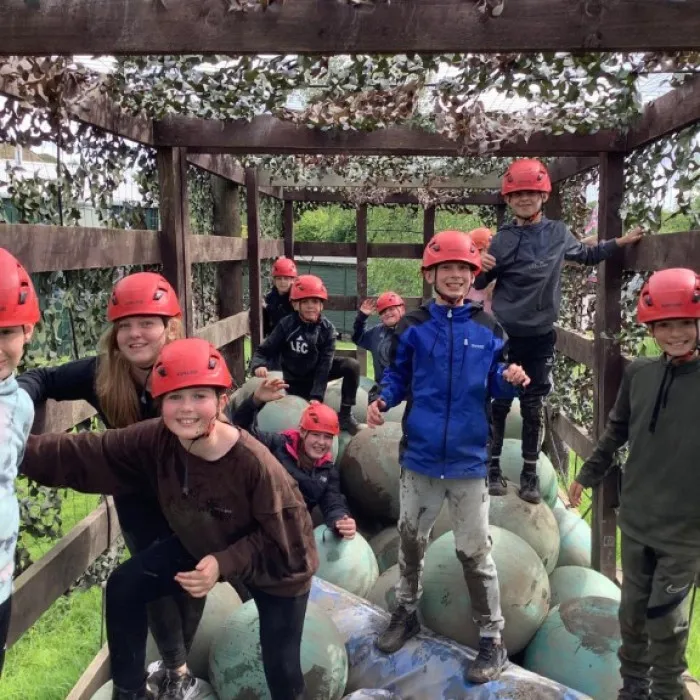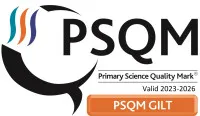PE
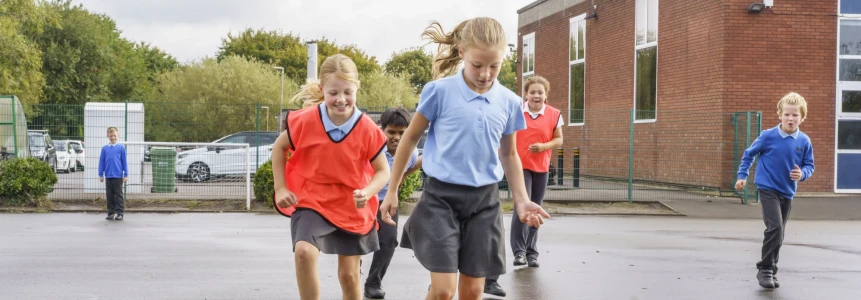
At Whitkirk Primary School, we recognise the contribution of PE to the physical and mental health and well-being of the children, and we want pupils to leave the school with the necessary skills and desire to form a lifelong association with sport in order to continue to benefit from it in terms of health and social opportunities.
We consider that our PE curriculum and extra-curricular opportunities have a positive influence on the concentration, attitude and academic achievement of the children. Throughout the year, we run a range of extra-curricular activities including girls football, athletics, and multi-sports. Children are involved in a range of intersport competitions using the wider range of resources which our secondary schools in our Trust are able to offer.
Through sport, the children further develop the important qualities of discipline, resilience, communication, team work, and ambition: qualities that they are then able to use in their learning within the classroom. We also make secure links between subjects, e.g. science and P.E. so that the children understand the importance of healthy living and appreciate the importance of sport and physical activity in this respect. Many pupils pursue their interest in sport outside of school and the school seeks to signpost pupils to sport in the community.
The PE programme is inclusive, available to all pupils regardless of age, gender or ability and involves clubs both during and after the school day. We are committed to ensuring that all pupils receive at least 2 hours of high quality, well-planned PE per week.
Early Years Foundation Stage
Children show good control and co-ordination in large and small movements. They move confidently in a range of ways, safely negotiating space. Children know the importance for good health of physical exercise, and a healthy diet, and talk about ways to keep healthy and safe.
Key Stage 1
Pupils should develop Fundamental Movement Skills, become increasingly competent and confident and access a broad range of opportunities to extend their agility, balance and coordination, individually and with others. They should be able to engage in competitive (both against self and against others) and cooperative physical activities, in a range of increasingly challenging situations.
Key Stage 2
Pupils should continue to apply and develop a broader range of skills, learning how to use them in different ways and to link them to make actions and sequences of movement. They should enjoy communicating, collaborating and competing with each other. They should develop an understanding of how to improve in different physical activities and sports and learn how to evaluate and recognise their own success.
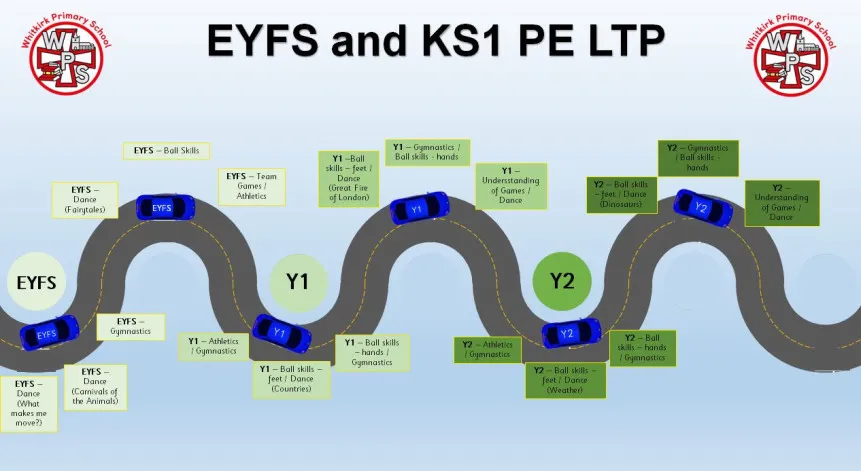
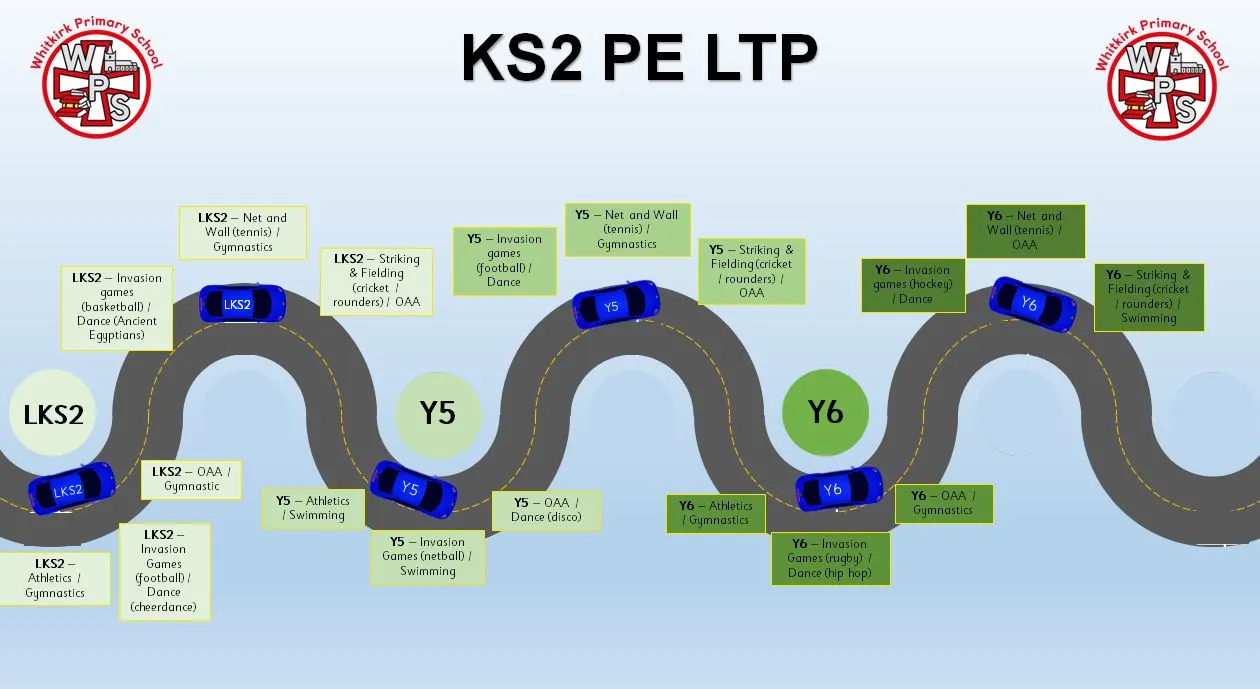
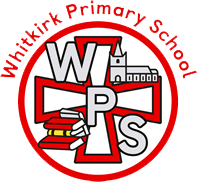
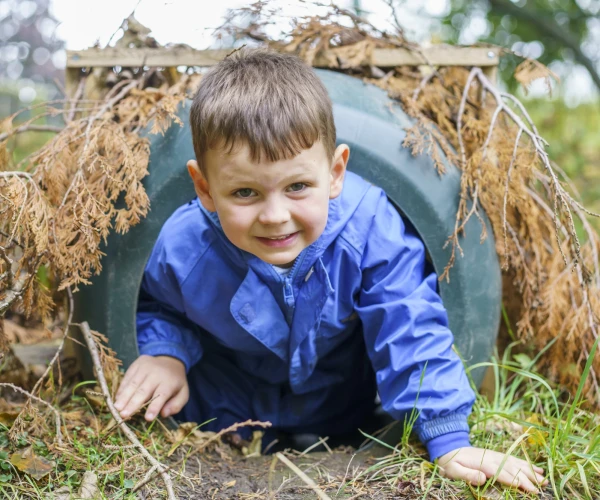
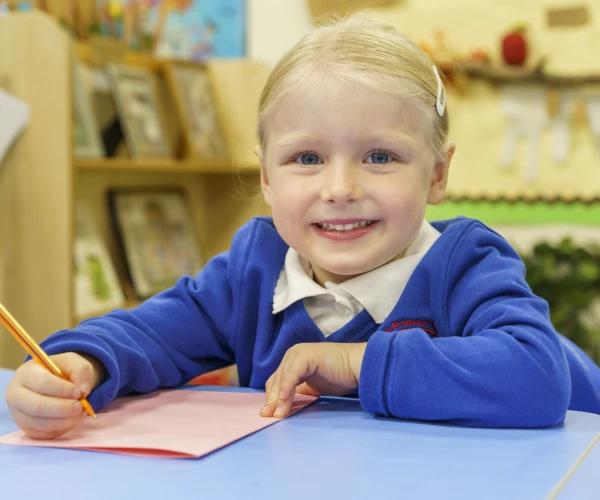
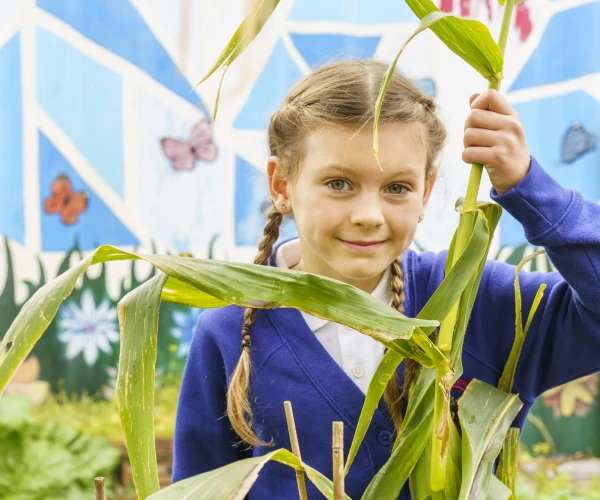
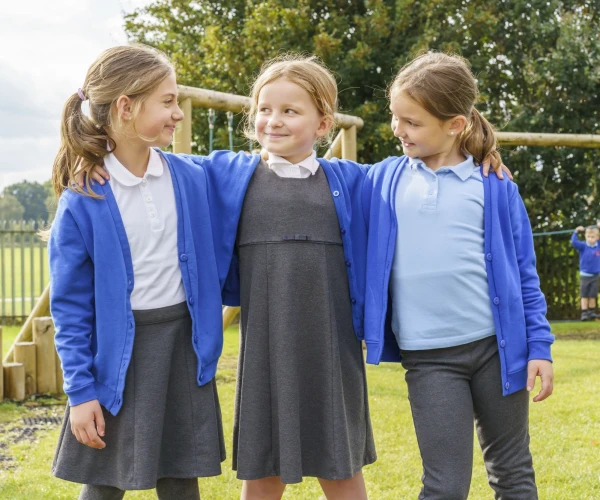
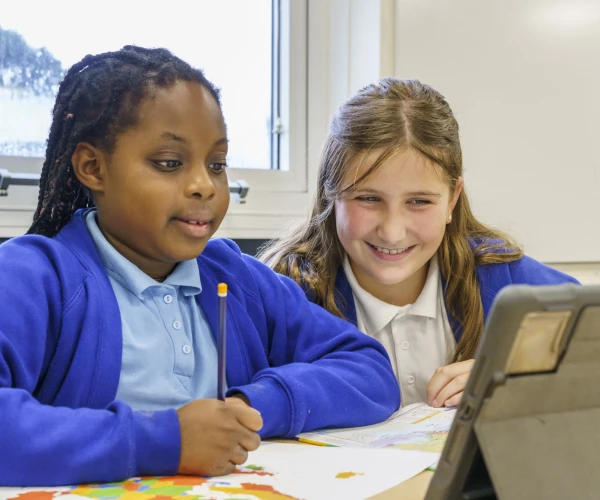
![shutterstock_1466824106-[Converted]](/images/uploads/img-38-2022.webp)
